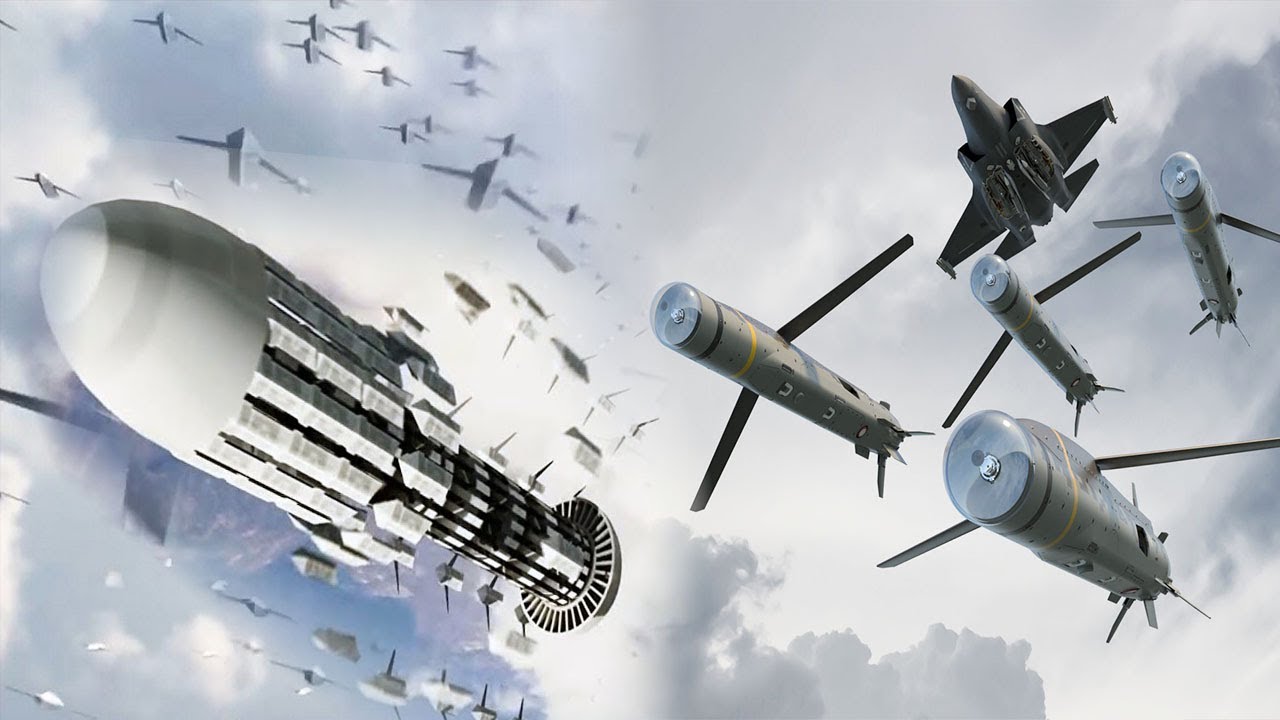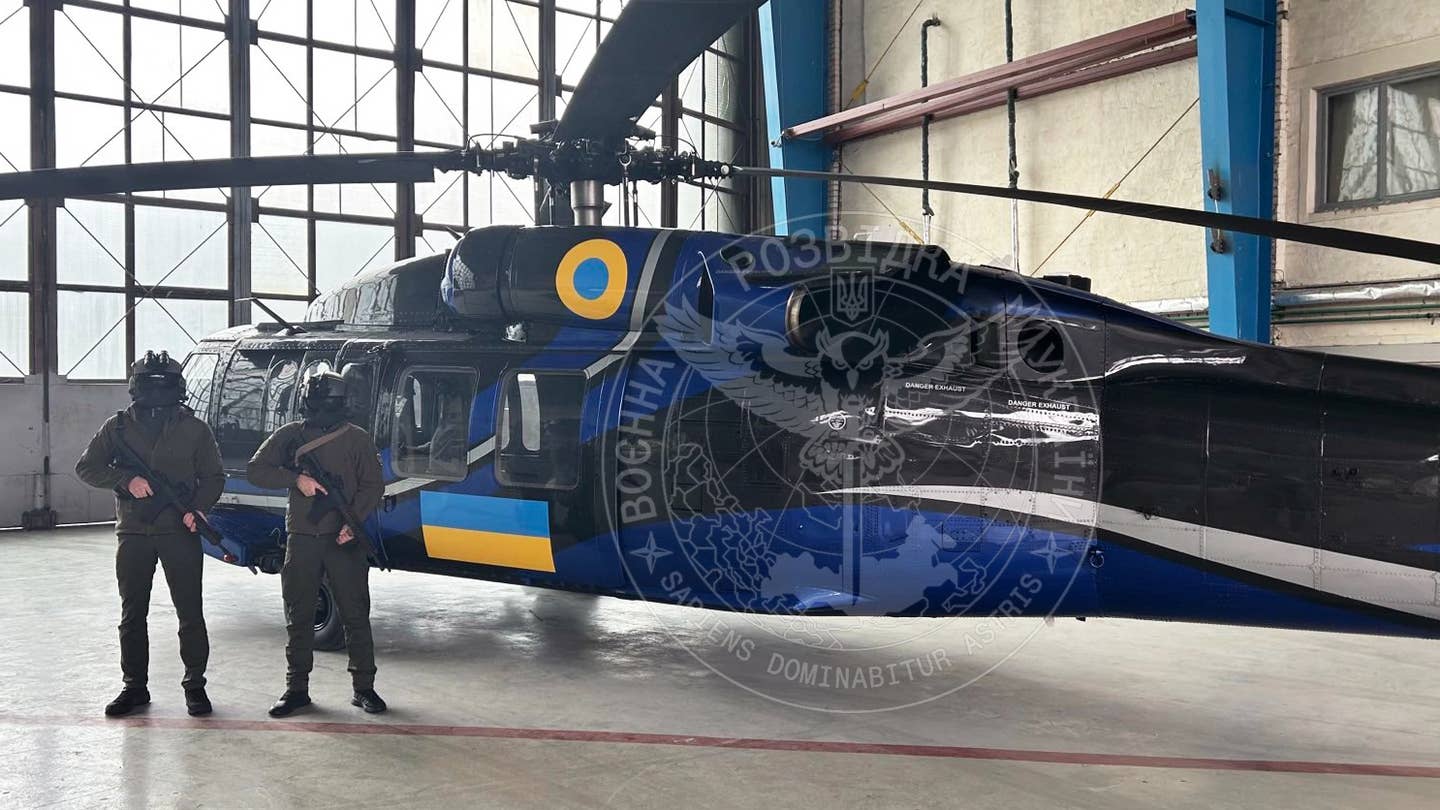Ukrainian special operators asked US defense firms to send their military equipment, including drones, that can resist Russian electromagnetic warfare attacks so that Kyiv could test them against Russian forces.
Ukrainian special operators reportedly suggested at a SOF conference in Florida. The operators argued that the conflict in Ukraine is continually evolving since both sides are coming up with new strategies to undo each other.
During the conference, Ukrainian military officials invited American companies to test their weapons systems in active conflict areas.
One Ukrainian military officer stated that this is the “right time” to identify weak points, develop solutions, and decide how to handle Russian electronic warfare weapons. The officer claimed that the US would face the same issue.
Alongside the headline-grabbing requests for fighter jets and ATACMS, the Ukrainian troops also requested attack helicopters and smaller items such as jam-resistant drones, electronic warfare gear, and more recent night vision goggles, the report noted.
High-intensity, land-based fighting has been a defining aspect of the Ukraine conflict. One former Pentagon Military official even referred to this conflict as “World War One with 21st-century weapons” – a style of combat previously considered old-fashioned in the drone and electronic warfare era.
Thus, the Ukrainian special operators are looking to acquire new weapons from the US defense firms to counter Russia’s inventory of cutting-edge weapons.
Also, the report noted they have a pressing need for satellite communication options beyond SpaceX’s Starlink terminals. Starlink offers a valuable service, but the terminals have several tactical drawbacks.
The second Ukranian operator indicated that Starlink terminals could not be used in occupied regions and that their connection speeds in battle zones are inconsistent.
Additionally, he said that Russian forces had been vigorously jamming the signals from the terminals; as a result, Ukrainian forces hardly ever employ them in actual battle. Ultimately, they want satcom equipment independent of the “mercurial Musk.”

Ukrainians Ask For Drones Resistant To Russian EW Attacks
Another Ukranian official requested drones that can withstand strikes from Russian electromagnetic warfare, implying that Ukrainian forces frequently encounter this issue on the battlefield.
The operator stated that although they have a variety of drones, the manufacturer cannot quickly produce them in large quantities. Moreover, Kyiv has consistently lagged due to shifting strategies and advanced Russian equipment.
Russian EW has restricted Ukrainian drones to the L5 frequency band, and Ukrainian forces are concerned that Russia will soon create jamming even for this.
Additionally, they want directional antennae to shield drone operators from being spotted by the Russian forces. Ukraine currently masks its drone operators from Russian signal detectors using a small device, and they frequently place the antenna distance from the operator.
“But you can not completely hide the emission of the antenna,” they said. Besides that, they asked for western-made attack helicopters and better night vision equipment for their pilots.
The Ukrainian officials talked about how challenging it is for helicopter pilots to avoid modern Russian jets. According to them, Ukrainian helicopters had difficulty dodging missiles fired from Russian aircraft.

The operator stated that the issue is that “they [Russian pilots] can see us from 450 kilometers.” The Russians will “let us approach closer, and they start shooting from a range of 300 kilometers. From 300 kilometers until they hit our helicopters, it’s approximately 40 to 45 seconds.”
They claimed to have developed defensive strategies, including irregular flight patterns. However, better helicopters, like the Black Hawk and Apache, would make that kind of maneuverability possible.
The operators claimed that US weapon manufacturers have a chance to improve their products in Ukraine against a real, cutting-edge foe. “This is the right time to test all equipment in Ukraine because it will be combat-proofed,” one said.
US defense contractors have benefited financially from the conflict in Ukraine, and some people think they are now aiming to take advantage of this situation by pursuing longer-term contracts.
Yet, many business leaders say that the concern about declining demand discourages constructing of new facilities and expanding capacity.
Nonetheless, most US contractors have hesitated to dispatch support staff to Ukraine to test their products.
Furthermore, the massive volume of ammunition needed for this conflict has shown flaws in the US defense sector as it shifts from a conservative strategy to production during peacetime and pandemic-era parts and labor shortages.
- Contact the author at ashishmichel(at)gmail.com
- Follow EurAsian Times on Google News




